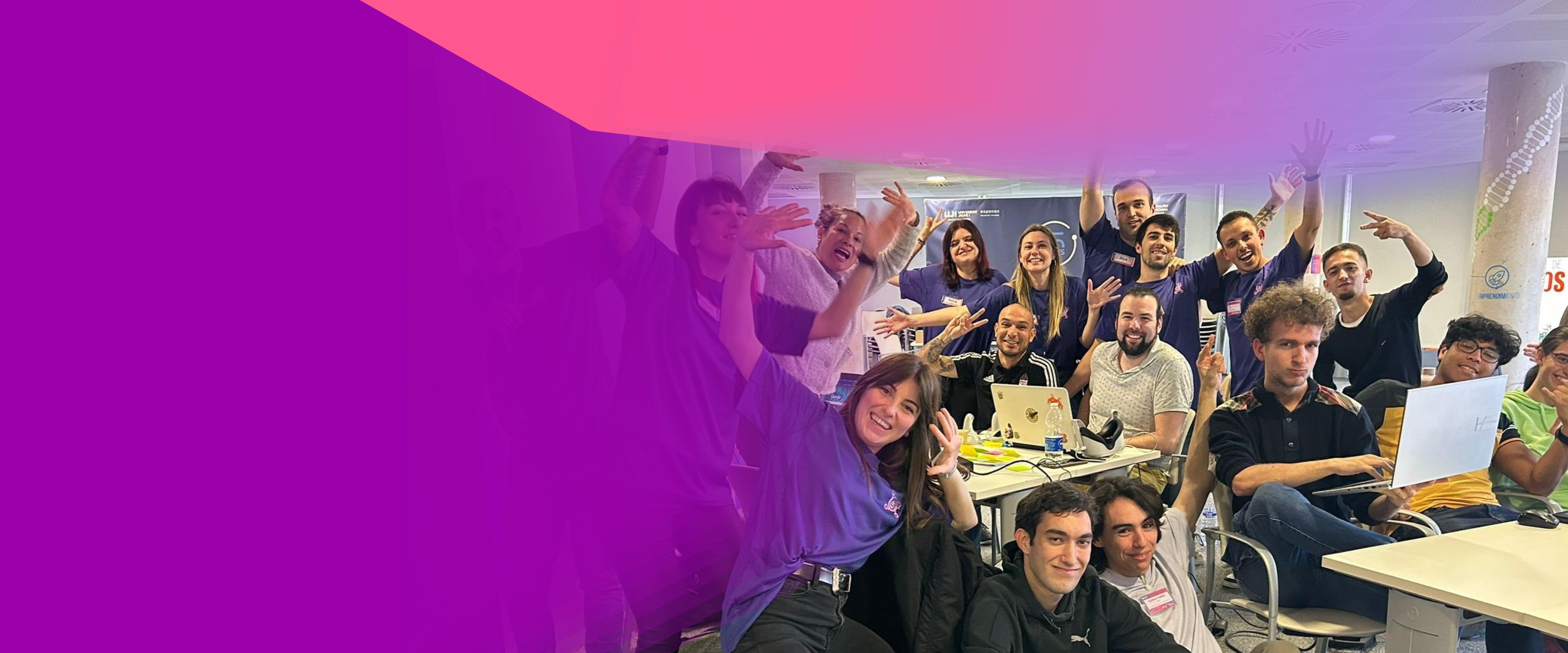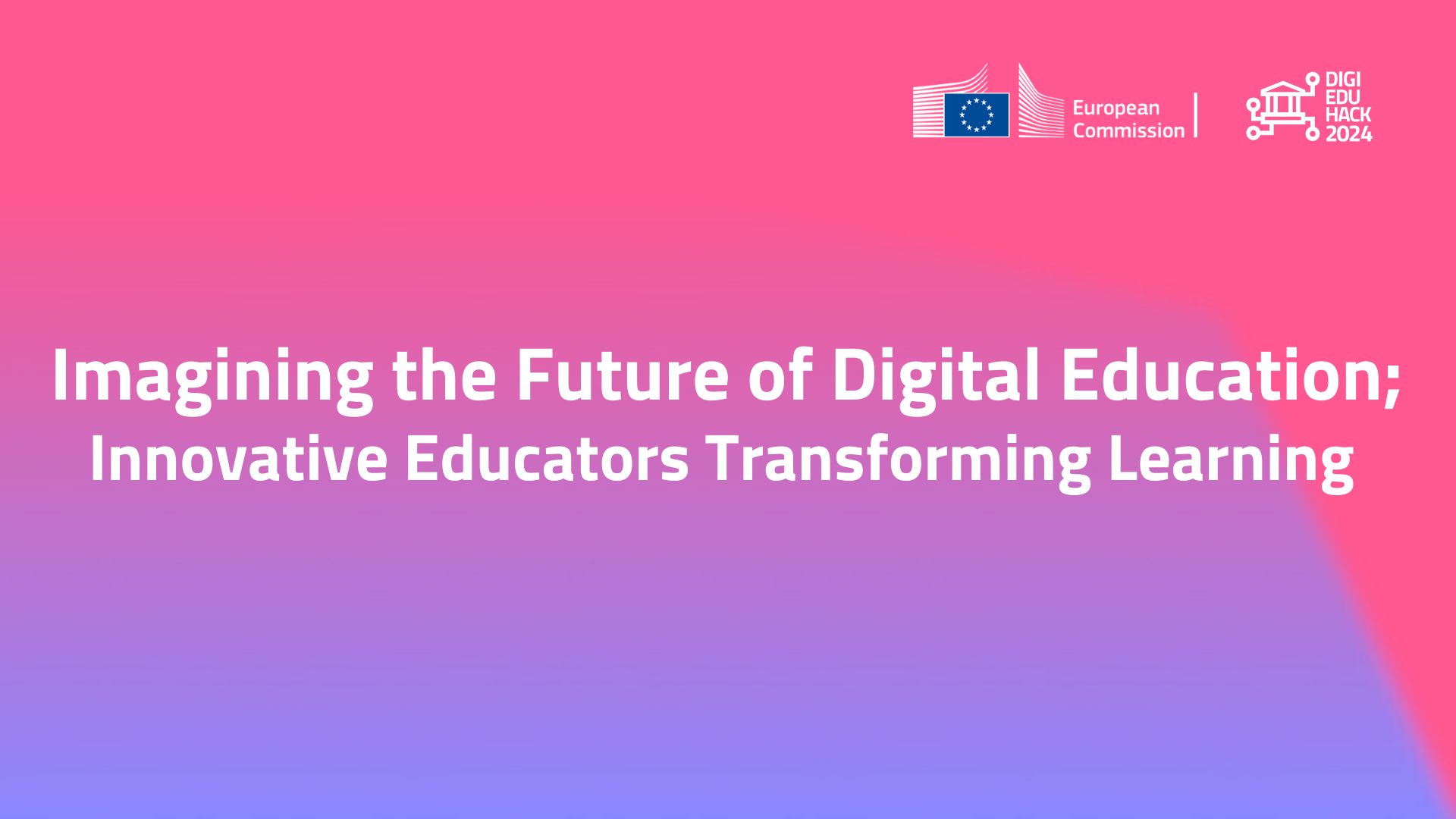Imagining the Future of Digital Education: Innovative Educators Transforming Learning
Imagine this: it’s the year 2124 and you are in a classroom. Desks are lined up in order, one in front of the other and facing the blackboard, while a teacher is explaining a subject to the students. Extraordinary? You must be thinking “not really, that sounds exactly like how a classroom looks like now” and you are right! If we can’t imagine schools and education looking the same in the next 100 years, what is there for us to do? Do we sit by and wait for change to simply occur? One thing is for sure: The challenges of the future are becoming extremely complex and require an array of different skills. Traditional education methods are proving insufficient in equipping students with the necessary tools to navigate an increasingly digital and interconnected world.
Fast forward to 2124: imagine instead a classroom where technology and innovation are seamlessly integrated into the learning process. Desks might be replaced with interactive workstations, where students can collaborate on projects in real-time with peers from across the globe, integrating peer-to-peer teaching. The blackboard could be a dynamic digital display, providing immersive experiences through virtual and augmented reality, allowing students to explore historical events or scientific phenomena, as if they were there. Education becomes a lifelong journey, with gamification, continuous learning and adaptation being the norm.
Teachers in this future classroom, are not just disseminators of information, but facilitators of learning. They guide students through personalized learning paths, tailored to individual strengths, interests, and learning styles. Artificial intelligence aids in this process, analyzing data to help customize educational experiences, ensuring that each student reaches their full potential.
The curriculum is also transformed, focusing not only on traditional subjects but also on critical thinking, creativity, emotional intelligence, and problem-solving. Students are encouraged to work on real-world problems, using technology and digital tools to develop innovative solutions. Incorporating skills such as coding, digital literacy, and ethical considerations of technology use are fundamental. In this way, students are prepared not only for existing jobs but also for those that have yet to be created. Environmental sustainability, global citizenship, and interdisciplinary studies become core components of the education system, ensuring that students are well-rounded and ready to contribute to society in meaningful ways.
As we look forward to this vision of education in the years to come, it is imperative to look at all the important actors that can help foster this new environment and just as vital to put the spotlight where it belongs: on the teachers. While governments and institutions can place the foundations for the future classroom and startups and corporations can come up with innovative technologies to help facilitate learning, in the end, it is educators who shape the classrooms. It is educators who will become the nodes of information and educational material. It is educators who are the ones on the front line supporting young minds to flourish. It is also educators who will have to evolve and adapt to the change, as the education system must evolve to meet the needs of the next generation, ensuring that they are equipped to face the challenges and opportunities of an ever-changing world.
Are you an innovative educator looking ahead to the future of education? Then this year's DigiEduHack theme: “Imagine the future of digital education”, is for you! Register as a host for DigiEduHack2024 and take on an active role in shaping the future of digital education. Don't miss out on the chance to learn, connect, and make an impact!

